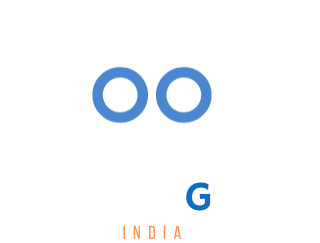The U.S. Patent and Trademark Office (PTO) rejected OpenAI’s application to trademark the word “GPT” on the grounds that GPT is too general a term and could prevent competitors from accurately identifying their products as GPT. GPT means “generative pre-trained transformer”.
In its application, OpenAI argued that GPT is not a descriptive word and is not general enough that consumers will “immediately understand” what this term means when they see it. However, in its decision dated February 6, the PTO stated that it does not matter whether consumers know what GPT means, and that those who use the technology understand that GPT refers to a general type of software, not just OpenAI products.
With the rise of generative artificial intelligence (AI), many other AI services have added GPT to their product names. For example, there is an AI detector startup called GPTZero. Other companies continue to call their core AI models GPT because that’s what they are.
The term GPT became closely associated with OpenAI after ChatGPT and AI models GPT-3 (and later GPT-4) became popular. When the company opened ChatGPT to outside developers, it also named its custom chatbots GPT. But recently, OpenAI has started giving its other services different brand names. For example, it introduced Sora, a text-to-video conversion model.
This isn’t the first time the US has rejected OpenAI’s GPT trademark claim, Gizmodo notes; The first time an application was rejected was in May 2023. The company may apply once again to the Trademark Appeals and Objection Board to register the term as a trademark.
The emerging situation highlights ongoing debates and challenges around branding and terminology use in AI and technology. This decision can be considered as an example of the effort to find the balance between preserving standard terminology in the technology world and encouraging innovation in the sector.
